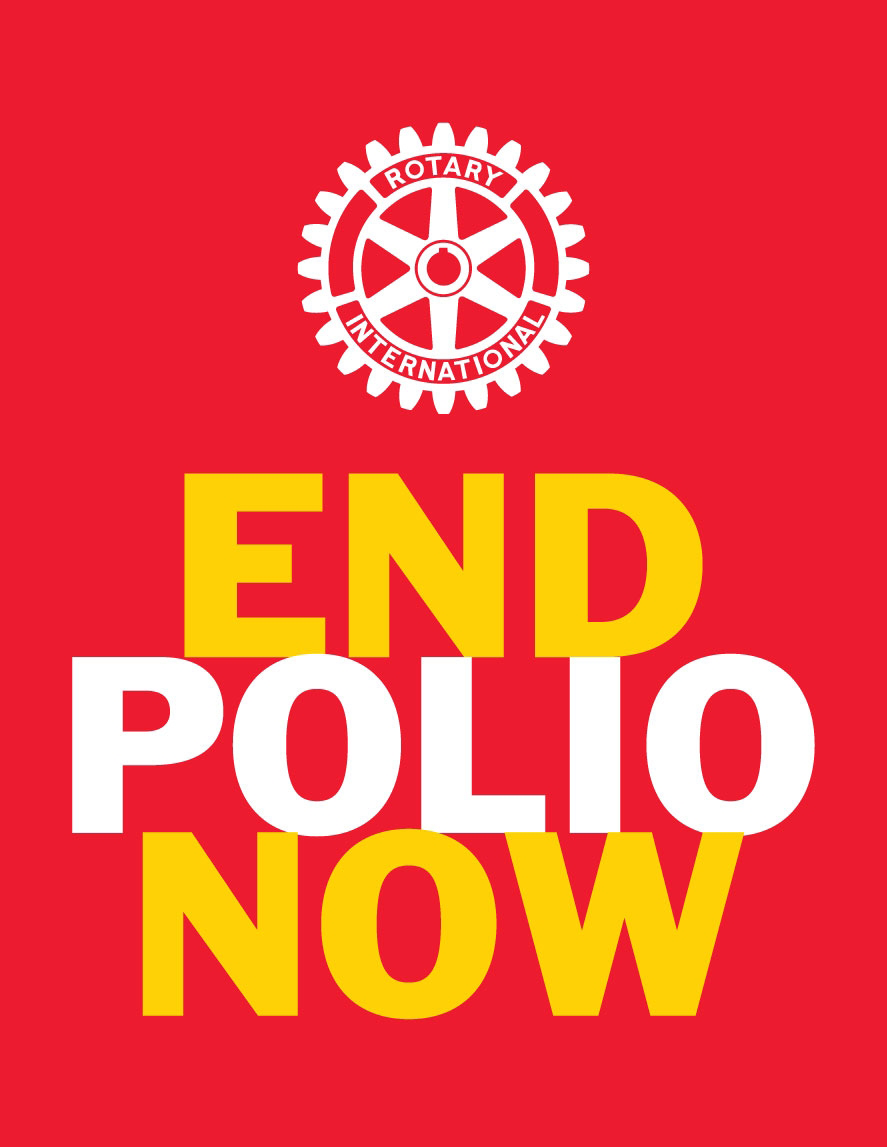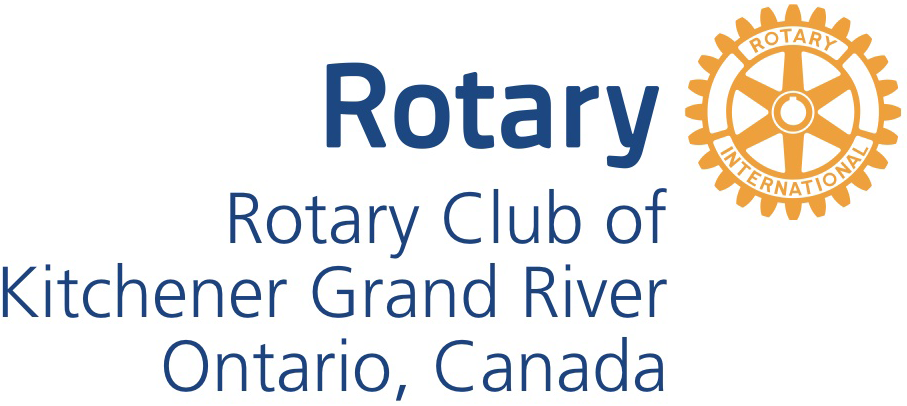Rotary and Polio
 PolioPlus
PolioPlus
In 1985, Rotary launched its PolioPlus program, the first initiative to tackle global polio eradication through the mass vaccination of children. Rotary has contributed more than $1.7 billion and countless volunteer hours to immunize more than 2.5 billion children in 122 countries. In addition, Rotary’s advocacy efforts have played a role in decisions by donor governments to contribute more than $7.2 billion to the effort.
Poliomyelitis (polio) is a paralyzing and potentially fatal disease that still threatens children in some parts of the world. The poliovirus invades the nervous system and can cause total paralysis in a matter of hours. It can strike at any age but mainly affects children under five. Polio is incurable, but completely vaccine-preventable.
Top 5 Reasons to Eradicate Polio
- To improve lives. 16 million people are walking today who would have otherwise been paralyzed.
- To invest in the future. If polio isn’t eradicated, within 10 years, as many as 200,000 children could be paralyzed by it each year. A polio-free world will be a safer world for children everywhere.
- To improve child health. Polio surveillance networks and vaccination campaigns also monitor children for other health problems like vitamin deficiency and measles, so they can be addressed sooner.
- To save money. A polio-free world will save the global economy $40-$50 billion in health costs within the next 20 years.
- To make history. Polio eradication would be one of history’s greatest public health achievements, with polio following smallpox to become only the second human disease eliminated from the world.
17.4 million people who are currently healthy would have been paralyzed by polio without our eradication efforts since 1988.
Global Polio Eradication Initiative
The Global Polio Eradication Initiative, formed in 1988, is a public-private partnership that includes Rotary, the World Health Organization, the U.S. Centers for Disease Control and Prevention, UNICEF, the Bill & Melinda Gates Foundation, and governments of the world. Rotary’s focus is advocacy, fundraising, volunteer recruitment and awareness-building.
Polio Today
Today, there are only three countries that have never stopped transmission of the wild poliovirus: Afghanistan, Nigeria and Pakistan. Just 22 polio cases were confirmed worldwide in 2017, which is a reduction of more than 99.9 percent since the 1980s, when the world saw about 1,000 cases per day.
Challenges
The polio cases represented by the remaining one percent are the most difficult to prevent, due to factors including geographical isolation, poor public infrastructure, armed conflict and cultural barriers. Until polio is eradicated, all countries remain at risk of outbreaks.
Ensuring Success
Rotary will raise $50 million per year over the next three years, with every dollar to be matched with two additional dollars from the Bill & Melinda Gates Foundation. These funds help to provide much-needed operational support, medical personnel, laboratory equipment, and educational materials for health workers and parents. Governments, corporations and private individuals all play a crucial role in funding.
Rotary in Action
More than one million Rotary members have donated their time and personal resources to end polio. Every year, hundreds of Rotary members work side-by-side with health workers to vaccinate children in polio-affected countries. Rotary Members work with UNICEF and other partners to prepare and distribute mass communication tools to reach people in areas isolated by conflict, geography, or poverty. Rotary members also recruit fellow volunteers, assist with transporting the vaccine, and provide other logistical support.

